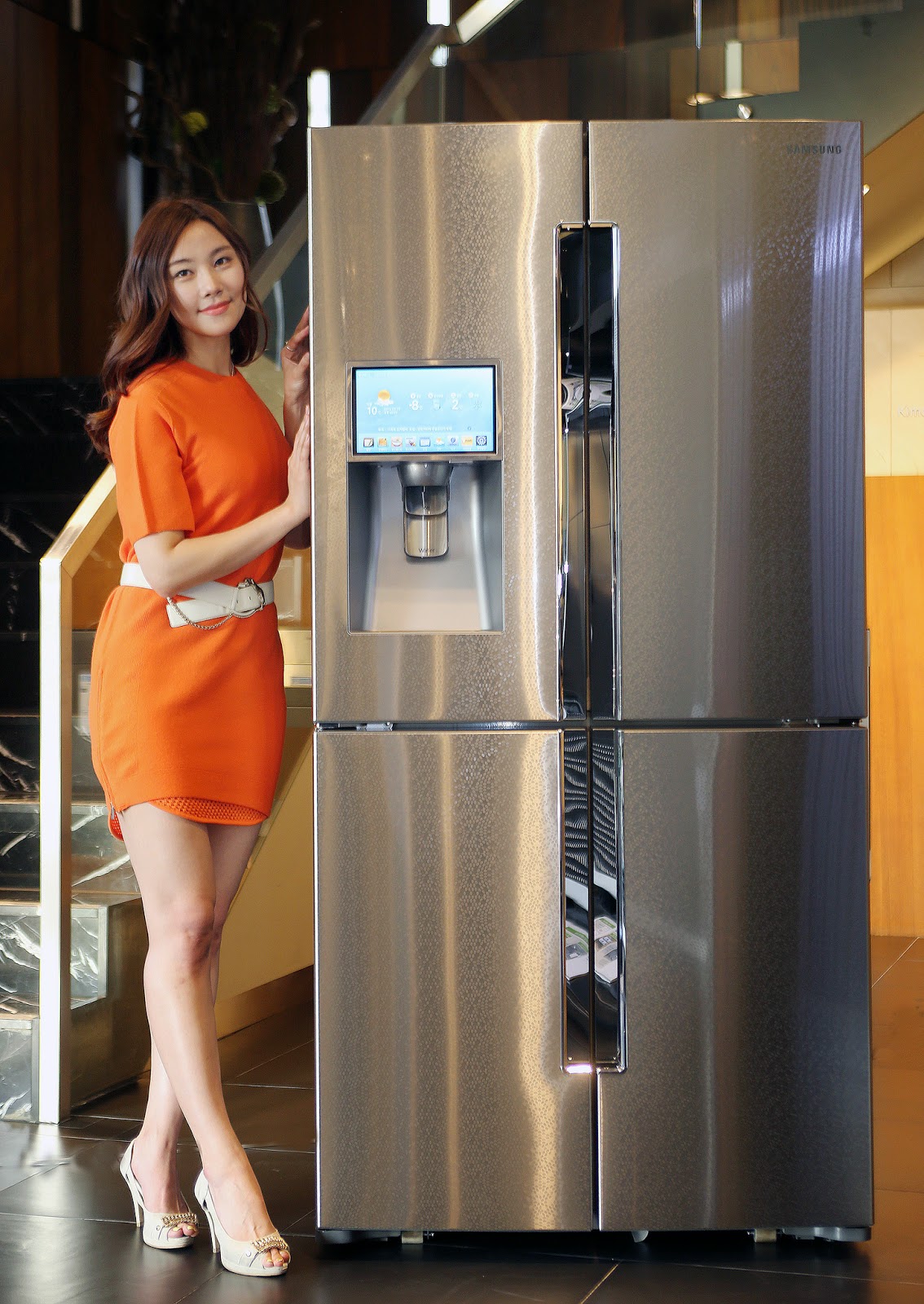Connected Homes Will One Day Affect Our Health
 |
| Image from Samsung Tomorrow. Creative Commons. |
As you may have figured out from the links above, we're getting closer and closer to this reality. The pieces are nearly there. Now we just have to get them to talk to one another better. (Bill Gates' home, where guests apparently where pin-like sensors that cause each room to adjust to their temperature and lighting preferences, may be one of the most sophisticated and well-documented smart homes.)
Just to back up and summarize: The connected home movement is about embedding more technology into everyday things in our environment to make them not only smarter, but smarter in relation to one another, too.
The other day I had a conversation with a couple who were really into making their home a smart home. They already had the Nest thermostat. They were looking into a sophisticated security system. We talked a little about Amazon Echo and whether that constitutes a component of a smart home ("baby steps" is my answer). One of the smart home enthusiasts said he was looking forward to a day when he could just talk out loud and tell the Nest what temperature he wanted, or get the blinds to open or close.
"No, no, no!" I said. "You shouldn't have to talk at all! It should be passive and automatic!"
Neither should we have a dashboard screen on the wall that we use as a control center. No, no, no.
It's funny to me that people often get hung up on the concept of giving commands to a robot or virtual personal assistant, whether it's Siri in Apple, or Samantha in the movie Her. The reality is people don't want to talk out loud to non-humans (except maybe cats and dogs...). There is a time and a place for that, such as in the car, but by and large, wouldn't it be better to have a truly smart system that learned your preferences based on the physiological triggers your body emits? Suddenly then, you can't be the irrational actor in your own life, opening all the windows in your apartment in the dead of winter simply because you're frustrated or angry. The environment should learn from you what you like, or what is best for your wellbeing, and automatically create an ideal scenario.
The real future of the connected home movement will be to have passive commands, and ones that take our health and wellbeing into consideration.